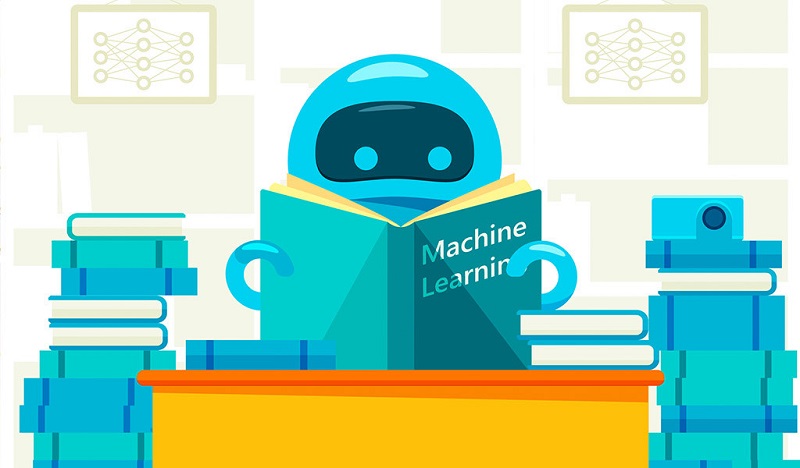

Even for companies like Affectiva, founded by researchers who speak about the importance of privacy and ethics, the boundaries are tough to define.

The same stress-monitoring algorithms in a wearable could be used by a company trying to make sure you’re working hard enough. “If we want computers and computing systems to help us, it would be positive if they had a sense of how we are feeling,” says Nuria Oliver, the chief data scientist at the nonprofit DataPop Alliance.īut much of this nuance gets lost when emotion recognition research is used to make lucrative commercial applications. They also do not make high-stakes decisions about an individual’s life-unlike unproven hiring algorithms. None of these applications require an algorithm to assess your private thoughts and feelings they only require an estimation of an appropriate response to cortisol levels or body language. A wearable device could remind you to rest if it detected higher than baseline levels of cortisol, the body’s stress hormone. (HireVue did not respond to a request for comment.) A humanoid robot could smile when you smiled-a mirroring action humans often use to make interactions feel more natural. Such distinctions are fine but important: they disqualify applications like HireVue, which claim to assess an individual’s inherent competence, but support others, such as technologies aiming to make machines into more intelligent collaborators and companions for humans. It can also involve observing body posture, gait, and other characteristics, as well as using biometric sensors and audio to gather more holistic data. Researchers also note that emotion recognition involves far more than just looking at someone’s face. “No serious researcher would claim that you can analyze action units in the face and then you actually know what people are thinking,” says Elisabeth André, an affective computing expert at the University of Augsburg. It can only estimate how that individual’s emotions might be perceived by others, or suggest broad, population-based trends (such as one film eliciting, on average, a more positive reaction than another). Many emphasized that emotion recognition cannot actually assess an individual’s internal emotions and experience. The ones we spoke to were careful about making claims of what their work can and cannot do. The study was widely covered (including in this publication), often with headlines suggesting that “ emotion recognition can’t be trusted.”Įmotion recognition researchers are already aware of this limitation. In July, a meta-study concluded that it isn’t possible to judge emotion by just looking at a person’s face. Meanwhile, the same expressions can mean different things in different cultures.

There are still multiple theories, for example, about whether emotions can be distinguished discretely or fall on a continuum. As AI researchers have tested the boundaries of what we can and can’t quantify about human behavior, the underlying science of emotions has continued to develop. As a result, the hype around emotion recognition, which is p rojected to be a $25 billion market by 2023, has created a backlash from tech ethicists and activists who fear that the technology could raise the same kinds of discrimination problems as predictive sentencing or housing algorithms for landlords deciding whom to rent to.Įmotion recognition, a subset of affective computing, is still a nascent technology. There are no strong, peer-reviewed studies proving that analyzing body posture or facial expressions can help pick the best workers or students (in part because companies are secretive about their methods). This technology is also being deployed on kids in classrooms and has been used in studies to detect deception in courtroom videos.īut many of these promises are unsupported by scientific consensus.
#HIREVUE VIDEO INTERVIEW AI ANALYSES HOW TO#
In the US and South Korea, where AI-assisted hiring has grown increasingly popular, career consultants now train new grads and job seekers on how to interview with an algorithm. These assessments could have a big effect on a candidate’s future.
#HIREVUE VIDEO INTERVIEW AI ANALYSES SOFTWARE#
Companies like HireVue claim their software can analyze video interviews to figure out a candidate’s “ employability score.” The algorithms don’t just evaluate face and body posture for appearance they also tell employers whether the interviewee is tenacious, or good at working on a team. Or maybe you’ve been interviewed by one yourself. Perhaps you’ve heard of AI conducting interviews.


 0 kommentar(er)
0 kommentar(er)
